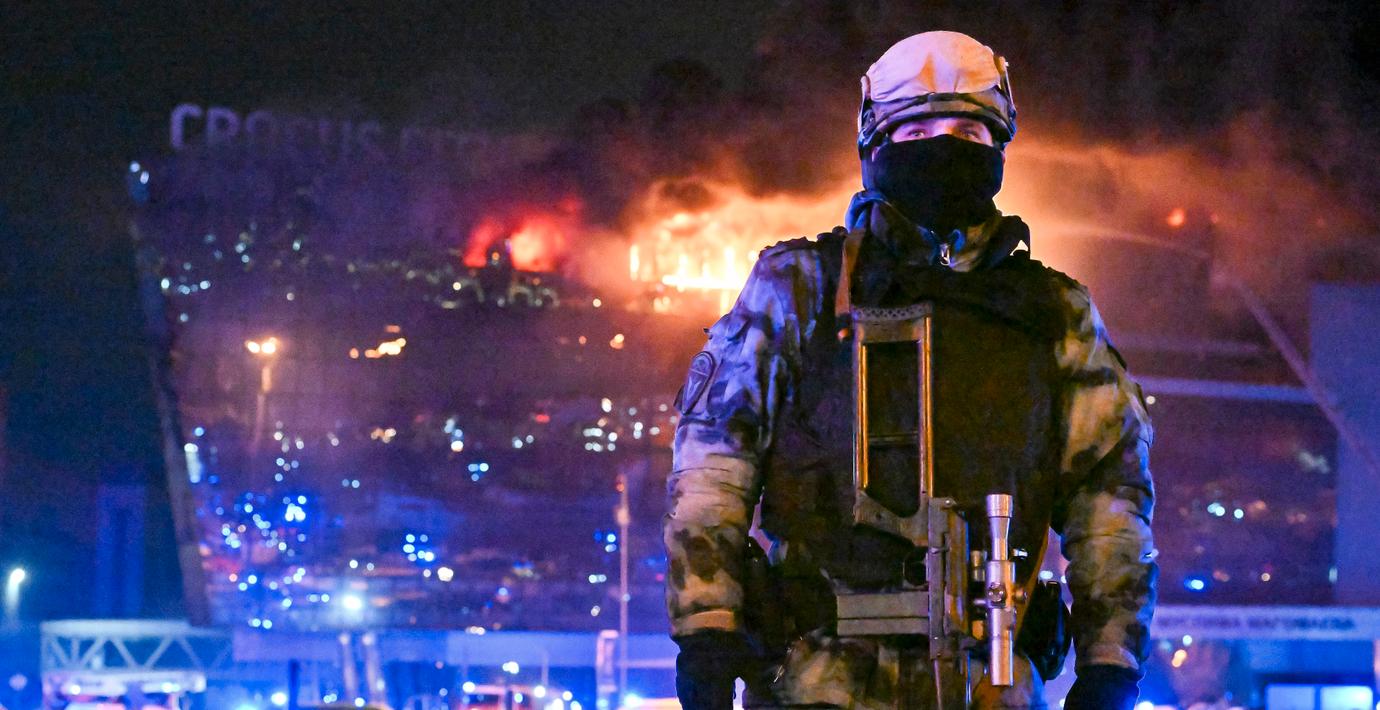Det är känt om IS-K – gruppen som pekas ut för dådet: NY Times reder ut

Gruppen som tros ligga bakom dådet i Moskva kallas för IS Khorastan, eller IS-K. Det är en grupp som länge varit verksam i Afghanistan och som där varit i konflikt med talibanerna.
What We Know About ISIS-K, the Group That Claimed Responsibility for the Moscow Attack
The Islamic State affiliate has been a major threa…
Få ut ännu mer av Omni – skaffa Omni Mer
- Förklaring & fördjupning
- Gå förbi betalväggar
- Annonsfri upplevelse
Omni är politiskt obundna och oberoende. Vi strävar efter att ge fler perspektiv på nyheterna. Har du frågor eller synpunkter kring vår rapportering? Kontakta redaktionen